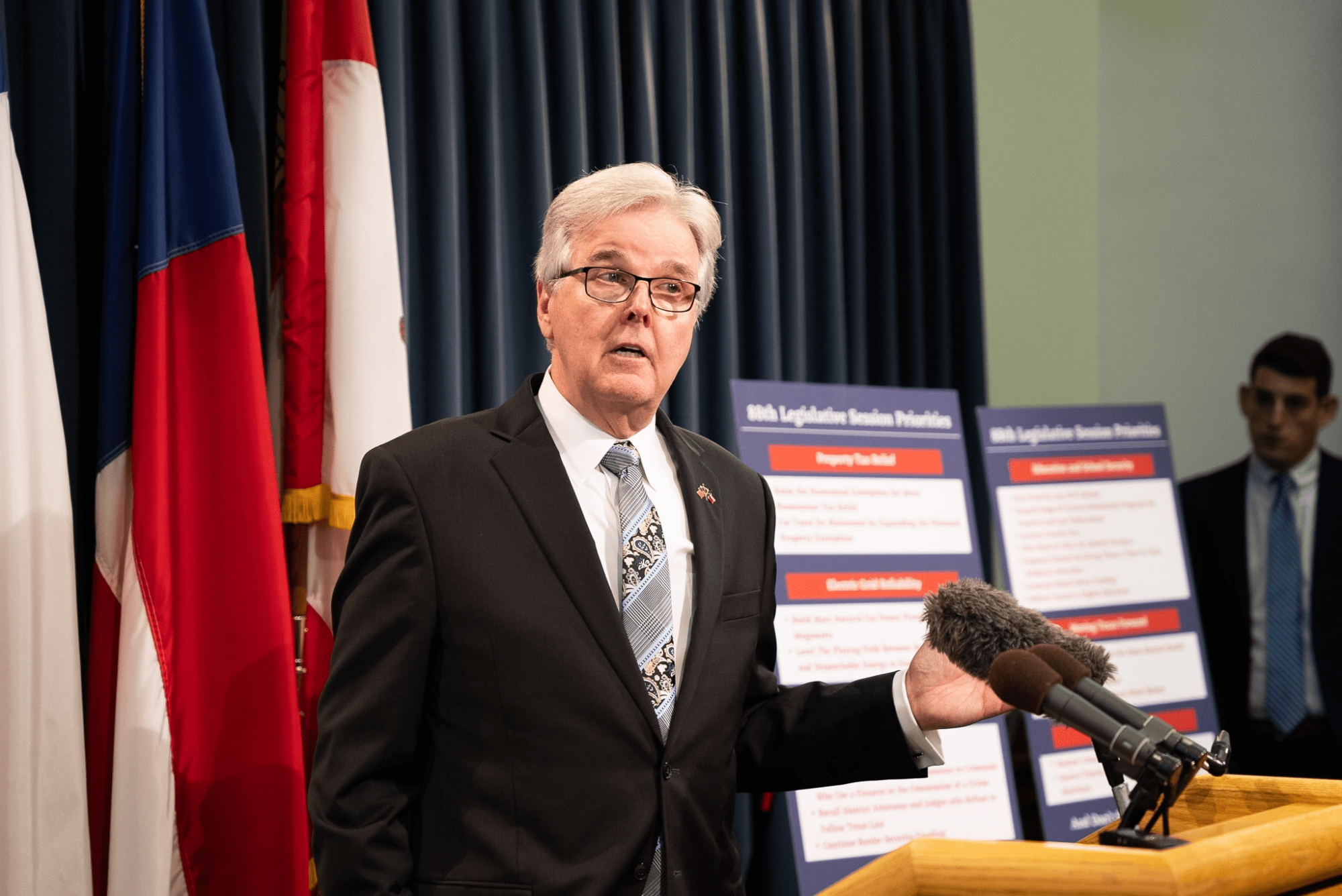More than 93 percent of the delegates to the Texas Republican Party’s 2016 Convention approved platform language calling for property taxes to be abolished, among other reforms. It’s no surprise, considering the party’s voters overwhelming supported a similar, non-binding ballot measure during the 2016 primary.
According to the plank, the preferred method of taxation at all governmental levels is one on consumption, otherwise known as a sales or “excise” tax.
“We believe the most equitable system of taxation is one based on consumption and wish to see reforms towards that end at all levels of government.”
In the interim, the wildly popular plank also calls for an across the board exemption of business inventory from property taxes, along with abolishing the “business franchise” tax and “revenue generating” licensing fees.
Texas currently suffers from the 6th highest effective property taxes in the nation. In 2015, the Republican-dominated legislature disagreed on how best to cut taxes. House leadership favored a sales tax reduction, while Lt. Gov. Dan Patrick and the Senate supported curbing rising school property taxes.
Shockingly, the House conferees hand-picked by liberal Speaker Joe Straus gutted the “indexing provision” from the Senate’s plan that raised the homestead exemption. The Senate original measure tied the homestead exemption to median home values, ensuring that rising property values would not phase out the relief over time.
Ultimately, Straus’ House conferees won out, ensuring only a temporary reprieve for overburdened taxpayers.
At the same time, both chambers favored different approaches to reforming the state’s franchise tax.
To the disdain of many of his own Republican colleagues, State Sen. Don Huffines (R-Dallas) pushed a five-year phase-out of the destructive tax, fulfilling a key promise of his successful 2014 campaign.
While Huffines was unsuccessful in winning a repeal, the legislature ultimately agreed on an across the board reduction of the onerous tax by 25 percent, saving Texas businesses $2.6 billion over two years.
Upon review, the near unanimous platform vote stands as a sharp repudiation of the Texas House and a strong validation of both Huffines the Texas Senate.




